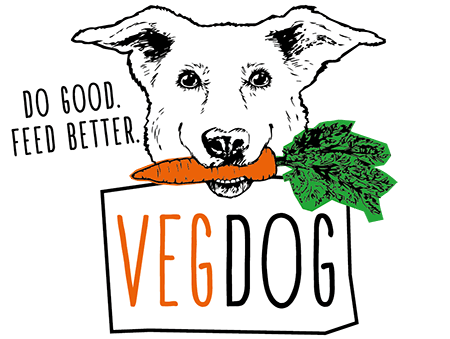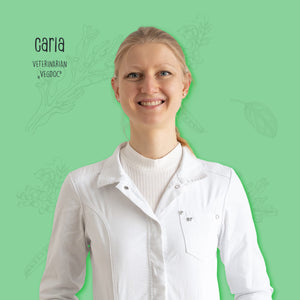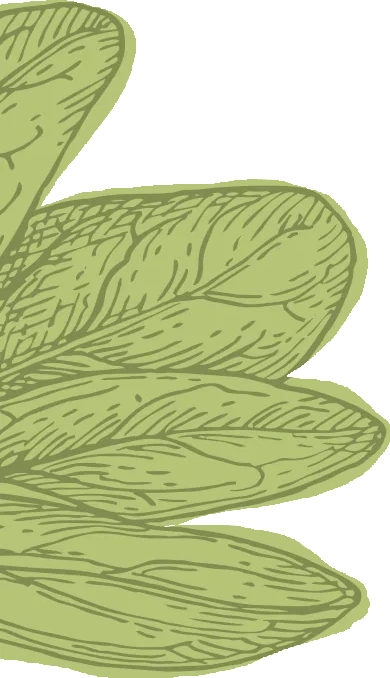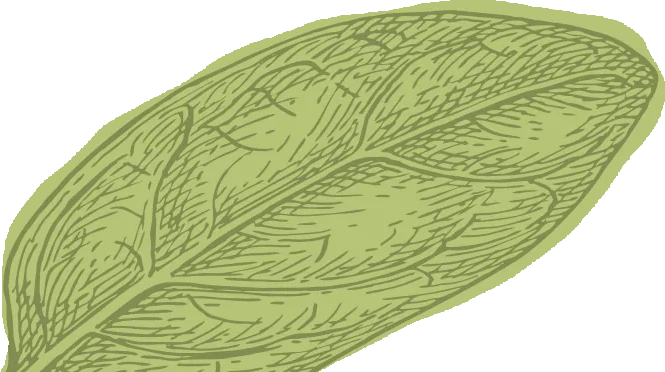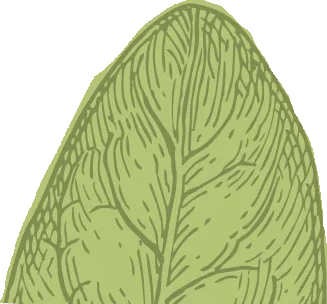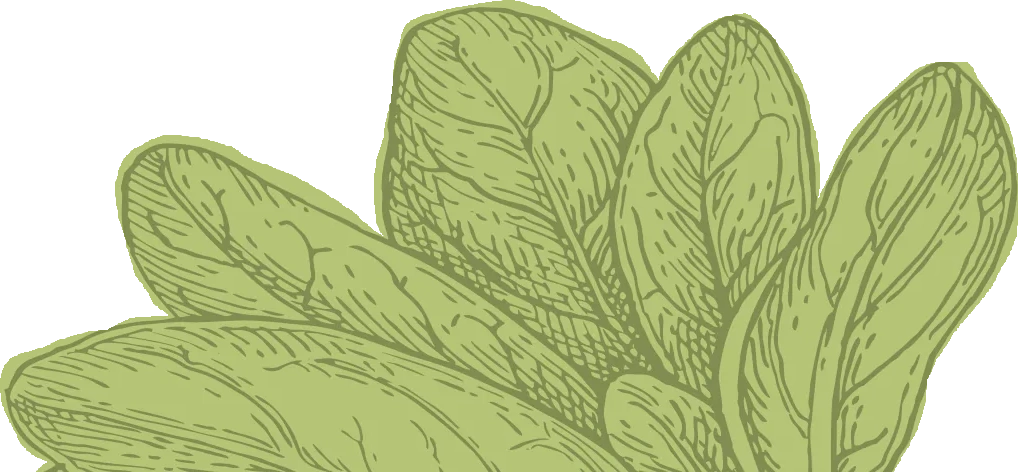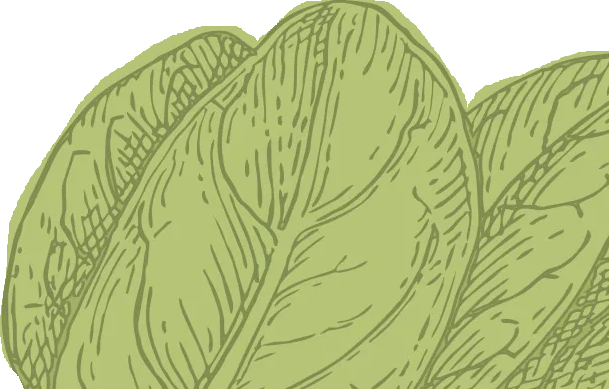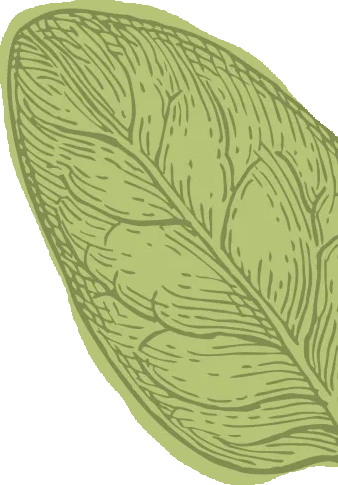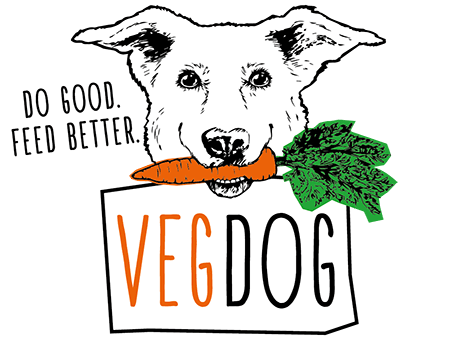
Pumpkin for dogs: is it a good idea?
In this article you will learn:
- Whether your dog can eat pumpkin
- How to best prepare a pumpkin for your furry friend (raw or cooked)
- A Dosing Rule for Pumpkins
- What nutritional supplements are available (pumpkin seed oil, etc.)
- How to recognize pumpkin poisoning and when you should go to the vet
 Author: Carla Steffen
Author: Carla Steffen
 Proofreader: Veronika Hajek
Proofreader: Veronika Hajek
Updated: 01.10.2024
Published: 19.06.2024
Autumn is pumpkin time - at this time of year, the delicious vegetable not only ends up on our plates, but also as decoration in the home. While we dog owners are busy cooking and preparing delicious pumpkin soups and casseroles, the question often arises as to whether we can give our beloved four-legged friends some of the pumpkin. The answer is: yes, pumpkin can be a healthy and delicious addition to your dog's food bowl - as long as you pay attention to a few things. We'll tell you what you should look out for when feeding pumpkin below!
Raw or cooked: How should I prepare pumpkin for my four-legged friend?
In principle, most commercially available pumpkins are safe for dogs. Varieties such as Hokkaido, butternut, bishop's cap, nutmeg or spaghetti pumpkin can be fed to dogs raw, cooked, steamed, baked or pureed. Most dogs love the fruit vegetable in a variety of consistencies - just try out how your darling prefers to eat and tolerates the healthy vegetable.
Pumpkin seeds and seed oils as a dietary supplement:
Pumpkin seeds are rich in zinc and manganese, so they can be an ideal nutritional supplement in appropriate quantities. To ensure the best possible absorption of nutrients, the pumpkin seeds should be freshly ground and mixed into the dog food. Pumpkin seed oil, with its healthy fatty acids and vitamin E, also offers a promising way to make your furry friends' food even more nutritious. The oil is extracted from the seeds of the plant and should be cold-pressed and not heated. The taste of pumpkin seed oil is not convincing for many four-legged friends, so only a few drops should be added to dog food, such as FARMER'S CRUNCH from VEGDOG.
The correct dosage
You can use fruit and vegetables to supplement your dog's food in a healthy way. However, feeding should be done in moderation and should not replace normal dog food. As a rule of thumb, you can remember:
About 10g of pumpkin seeds per kg of body weight per week.
In small quantities, pumpkin can be a tasty change, especially for dogs with food allergies . Pumpkin rarely causes allergic reactions in dogs, which is why it can also be a part of the main diet for dogs with food intolerances.
Is pumpkin healthy for dogs?
Pumpkins are rich in fiber, which can stimulate your dog's digestion and prevent constipation. In addition, the vegetable is a vitamin bomb and mineral miracle in one. It contains provitamin A and E in particular, as well as the minerals magnesium, potassium, iron and zinc. Pumpkin thus strengthens your four-legged friend's immune system, as well as his bones and teeth. Since pumpkin is very filling and low in calories, it is also suitable for feeding overweight dogs.
Caution: Ornamental pumpkins are poisonous for dogs
In principle, pumpkins are not dangerous for dogs. However, under certain circumstances pumpkins can contain poisonous cucurbitacins. These bitter substances can be dangerous for both humans and dogs. The pumpkins available for consumption in stores do not usually contain these substances, but they can be found in wild and ornamental pumpkins. Even home-grown pumpkins can contain cucurbitacins and should therefore not be fed to dogs.
Play it safe with the taste test
To make sure that the fruit vegetable is safe for your dog, you can try a small piece before feeding it. If it is bitter, you should not eat it or give it to your dog. You should also make sure to use commercially available pumpkins.
Symptoms of Poisoning in Dogs
In humans, the toxic bitter substances often lead to excessive salivation, vomiting and diarrhea . The same symptoms also occur in our four-legged friends - but such poisoning can be much more dangerous for them. If your dog has consumed large quantities, it can, in the worst case, lead to death.
When you should visit a veterinarian
If your dog shows any of the symptoms mentioned after eating a pumpkin, take him to a vet as soon as possible. For first aid, you can give him charcoal tablets at home - you should always have these in your medicine cabinet for your pet. The activated charcoal prevents the toxins from entering the bloodstream.
Conclusion
Overall, the fruit vegetable offers many health benefits and can therefore enrich your dog's diet. However, always make sure to choose the right variety and feed it in appropriate quantities. Pumpkin can bring a lot of variety to your furry friend's diet. Whether raw, cooked or pureed, it is always tasty - especially in the form of pumpkin dog biscuits. To keep your four-legged friend healthy through the autumn season, you should only feed them commercially available pumpkins and only use ornamental pumpkins for decoration and out of reach of your four-legged friend.
Frequently Asked Questions (FAQ)
Which types of food can dogs eat?
Dogs can safely eat edible pumpkins such as Hokkaido, butternut, nutmeg or spaghetti squash. However, ornamental pumpkins, wild-grown pumpkins or home-grown pumpkins should be avoided as they may contain toxic bitter substances.
How do I give my dog pumpkin?
Pumpkin can be served boiled, steamed, baked or pureed. You should remove any seeds and the skin. It is also important to make sure that the pumpkin is not seasoned.
Can dogs eat Hokkaido with the skin?
Yes, like us humans, dogs can eat Hokkaido, whether raw or cooked, even with the skin.
